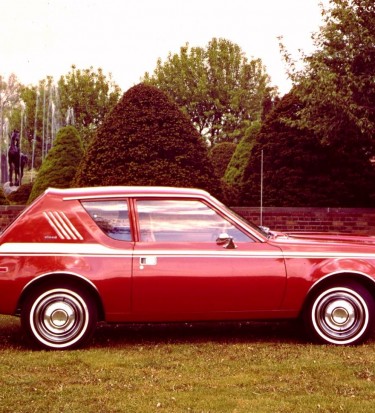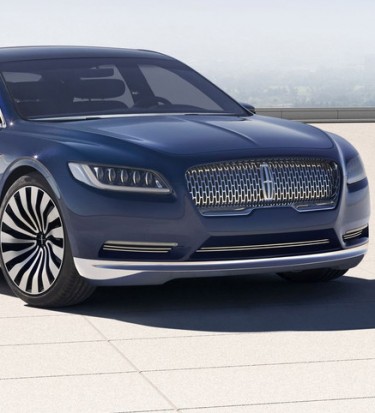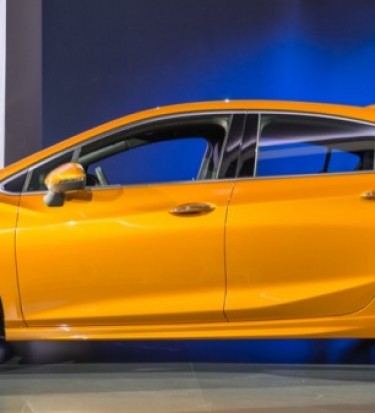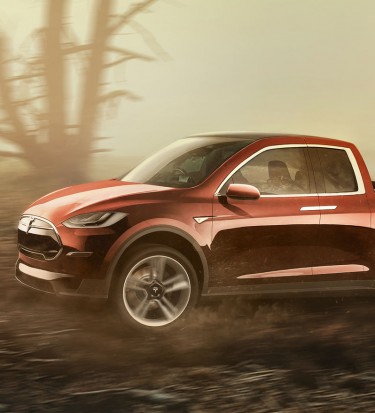Swedish automaker Volvo, known since its inception for monumental advances in driving safety technology, seeks to be the first automaker to offer for sale a true self-driving car. The company promises its first fully autonomous vehicles sold to consumers and legal for use on public roads by 2017 as part of a pilot program launched in conjunction with the Swedish government.
The program’s first phase will consist of 100 regular motorists, not company engineers, who will take ownership of special XC90 large crossover SUV models fitted with a bevy of cutting-edge autonomous driving tech. The SUVs’ autonomous mode will be limited to certain districts of Gothenburg, Sweden, where the company maintains its central base of operations. City and national government regulators have already approved the vehicles for use on public roads, although the self-driving mode will be disabled automatically when traveling outside of predetermined zones.
Today’s Tech Leads to Future Autonomous Vehicles
Volvo is considerably ahead of the curve in developing the appropriate technology; the company’s City Safety system already available on consumer models features a complex array of radars, lasers, sensors and GPS modules that help prevent collisions by stopping and even steering a vehicle should the driver not respond to an impending dangerous situation.
Volvo says that today’s City Safety system already features nearly all the necessary hardware to allow for a self-driving mode, although the system will be augmented with additional safeguards. The autonomous XC90 models will use an array of 12 ultrasonic sensors, five cameras mounted at different points around the vehicle, seven radar modules, and even a forward-facing, long-range laser scanner. Coupled with a newly developed GPS system, City Safety allows the XC90 to maintain a 360-degree view around the XC90 at all times, responding to sudden changes in road conditions faster than a human being would be able to, Volvo says.
As for insurance concerns, a primary regulatory hurdle facing the widespread adoption of self-driving cars, Volvo says that the driver will be liable for any traffic incidents that occur while he or she is under control of the vehicle. Should the car become involved in a collision while operating in autonomous mode, Volvo promises to foot the bill.
The Race to Self-Driving Cars
Volvo is not the only company hard at work in an attempt to be the first to market with self-driving cars. Google has logged over 1 million miles on public roads using its fleet of self-driving Toyota and Lexus models. Infiniti and Audi have each developed their own autonomous-driving systems that have displayed competency traveling long distances on public roads without incident. As for Apple, the company has made headlines of late with a secret program featuring hundreds of automotive engineers and designers that is expected to produce a commercially available self-driving electric car by 2020.
Only Volvo, though, has won regulatory approval to put self-driving cars in the hands of public motorists. The new pilot program is part of a company initiative it calls Vision 2020, centered around the goal of having zero deaths or serious injuries occur in Volvo cars in 2020 worldwide.







